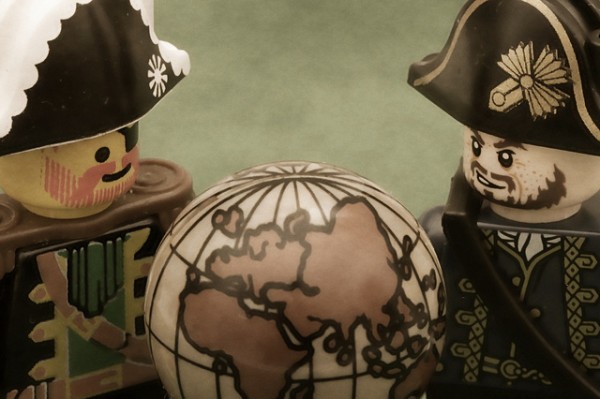
Often comic, romanticized images of swashbuckling European pirates suggest that we know what pirates are—or, rather, were. Today, baseball fans in Pittsburgh or children in Halloween costumes might cheer upon hearing the struggles of the British military in eradicating piracy in the 17th century, but what these struggles really tell us is that piracy is a social construction. Despite the British Royal Navy’s unquestioned status as the world’s most powerful military entity at the time, pirates successfully harassed British commercial shipping for much of the colonial period. In the face of such military might, why did piracy remain a major problem for so long?
In his American Journal of Sociology study, sociologist Matthew Norton sought to explain why, in approximately 1700, with little change in the Navy’s strength or priorities, British military interventions against pirates suddenly became successful. What changed to finally stem the tide of buccaneering?
Norton reiterates that because the British Navy successfully fought wars against Dutch, French, and Spanish colonial competitors at the same time as piracy plagued British commerce, the failure to stop piracy cannot be explained by a lack of military power. Instead, Norton points to the importance of cultural processes in classifying piracy as a legal problem, rather than a commercial one, and establishing a set of institutional methods for dealing with it. While piracy was certainly a problem before 1700, Norton shows that the British military and political authorities had difficulty defining exactly who suffered from piracy and who should bear the costs of fighting it. Laws passed during the 17th century failed to produce results, then, since little consensus around exactly why and for whom piracy was a problem meant state actors had little incentive to prioritize a harsh response.
The violent military crackdown on piracy that began in the early 18th century “was only possible because earlier solutions that sought to adapt existing legal meanings and institutions failed.” When piracy was a matter of private, commercial concern, it couldn’t be quelled. But legal changes in 1700 “reflected the new consensus that pirates were to be thought of as unambiguous enemies of the state and civilization” and finally calmed the waters of Northern Europe.

Comments